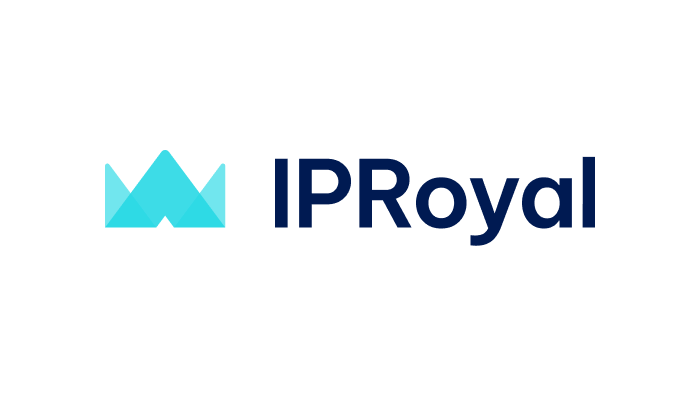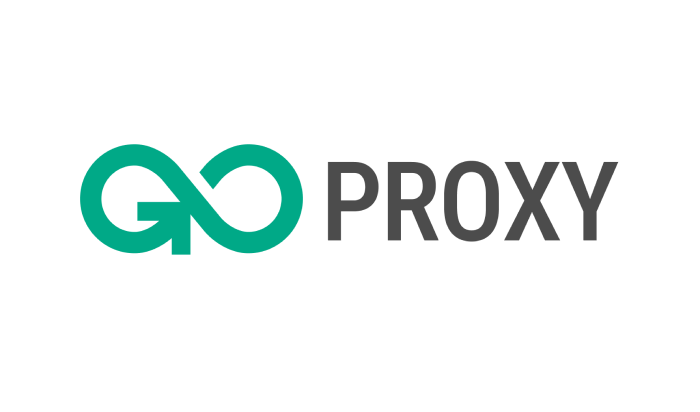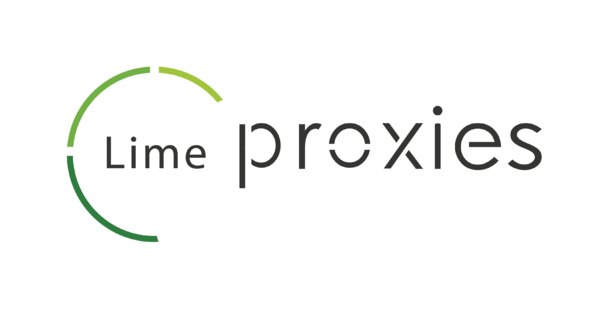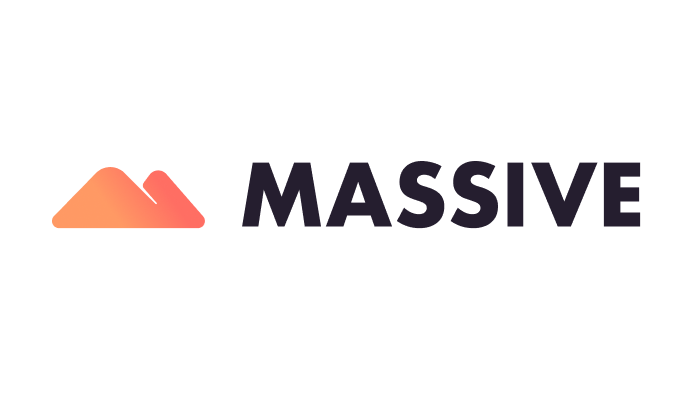Maximize Your Browsing Potential with Residential Proxies. Learn about the benefits of using proxies with IP addresses assigned by Internet Service Providers (ISPs), such as increasing anonymity, bypassing geo-restrictions, and accessing high-quality data. Discover the different types of residential proxies, including rotating and static IPs, and find the best residential proxy providers from our curated list to enhance your browsing experience.
Frequently Asked Questions
about Residential Proxies
Residential proxies are IP addresses that are assigned to real devices, such as mobile phones or home internet connections. This makes them appear more like regular internet users, and they can be useful for many different web-related tasks.
Residential proxies can be beneficial in many ways. They are less likely to get blocked or flagged by websites, and they can help you get around geo-restrictions and access local content. They can also be used for more secure browsing and web scraping.
Residential proxies can be used for many different tasks, including market research, web scraping, social media management, and e-commerce. They are especially useful for tasks that require IP addresses from specific locations or that involve accessing restricted content.
When choosing a residential proxy provider, it is important to consider factors like location coverage, proxy pool size, and customer support. Look for providers that offer fast and reliable proxies, with a large number of IP addresses available. Also, consider the cost and any additional features that the provider may offer.
Using residential proxies can be done through proxy management software, such as proxy servers or browser extensions. Simply set the proxy address and port in your software, and the traffic will be routed through the residential IP address. Some proxy providers also offer APIs or other custom integrations that make it easier to use their proxies with your existing software.


































